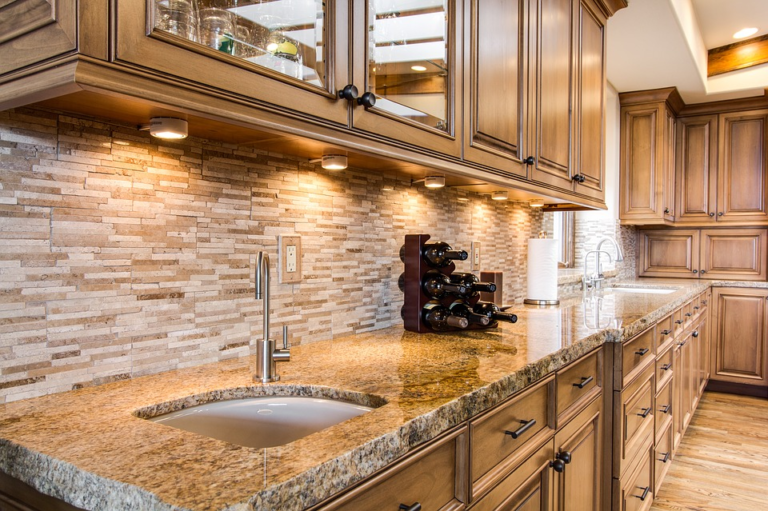Introduction
Water is an essential element in our daily lives, but not all water is created equal. If you’ve noticed issues like dry skin, scale buildup on faucets, or dingy laundry, you might be dealing with hard water. In such cases, installing a home water softener can be a game-changer.
Understanding Hard Water
Hard water is a common problem caused by high mineral content, primarily calcium and magnesium ions. These minerals can wreak havoc on your plumbing system, leaving behind scale deposits and reducing the efficiency of appliances like water heaters and dishwashers. Moreover, hard water can also take a toll on your skin and hair, leaving them dry and dull.
Benefits of Installing a Home Water Softener
The benefits of installing a water softener are manifold. Not only does it improve the overall quality of your water, but it also protects your appliances from mineral buildup, resulting in longer lifespans and lower maintenance costs. Additionally, soft water is gentler on your skin and hair, leaving you feeling refreshed after every shower.
Types of Home Water Softeners
When it comes to choosing a water softener for your home, you have several options to consider. Salt-based water softeners are the most traditional choice, using ion exchange to remove minerals from the water. However, if you’re looking for a salt-free alternative, there are also options like template-assisted crystallization (TAC) or magnetic water softeners available.
Factors to Consider Before Installation
Before diving into the installation process, there are a few factors to consider. First and foremost, you’ll need to determine the hardness level of your water to choose the right system for your needs. Additionally, you’ll want to assess your household water usage and available space for installation to ensure compatibility with your chosen water softener.
Installation Process
Installing a home water softener is a relatively straightforward process, but it’s essential to follow the manufacturer’s instructions carefully. Begin by assessing your plumbing system to identify the best location for the softener. Once you’ve chosen a spot, it’s simply a matter of connecting the softener to the water supply and ensuring everything is properly sealed.
Maintenance Tips
Like any appliance, proper maintenance is key to ensuring the longevity and effectiveness of your water softener. This includes regular refilling of salt (for salt-based systems), cleaning the brine tank, and scheduling periodic check-ups by professional technicians to address any potential issues before they escalate.
Cost Considerations
The cost of installing a home water softener can vary depending on factors like the type of system you choose, the size of your household, and any additional features or accessories. While there is an initial investment involved, many homeowners find that the long-term savings on energy and maintenance outweigh the upfront costs.
Common Issues and Troubleshooting
Despite their many benefits, home water softeners can sometimes encounter problems like low water pressure, salt bridging, or system leaks. Fortunately, most issues can be easily resolved with some basic troubleshooting or professional assistance if needed.
Environmental Impact
Concerns about salt discharge and environmental impact have led to the development of eco-friendly alternatives to traditional water softeners. If you’re passionate about sustainability, be sure to explore options like salt-free systems or magnetic water softeners that minimize the use of chemicals and reduce waste.
Comparison with Alternatives
While water softeners are highly effective at treating hard water, they’re not the only option available. Water conditioners and magnetic systems offer alternative approaches to water treatment, each with its own set of pros and cons. Take the time to research and compare different options to find the best fit for your home.
Customer Reviews and Testimonials
Before making a decision, it’s always helpful to hear from others who have firsthand experience with home water softeners. Browse customer reviews and testimonials to get an idea of what to expect and to see how different systems have performed in real-life situations.
Expert Recommendations
When in doubt, don’t hesitate to seek advice from plumbing professionals or water treatment specialists. They can offer valuable insights and recommendations based on your specific needs and circumstances, ensuring that you choose the right water softener for your home.
Conclusion
Installing a home water softener is a smart investment in the long-term health and functionality of your plumbing system. By removing mineral deposits and improving water quality, you’ll enjoy benefits like smoother skin, cleaner dishes, and more efficient appliances for years to come.







